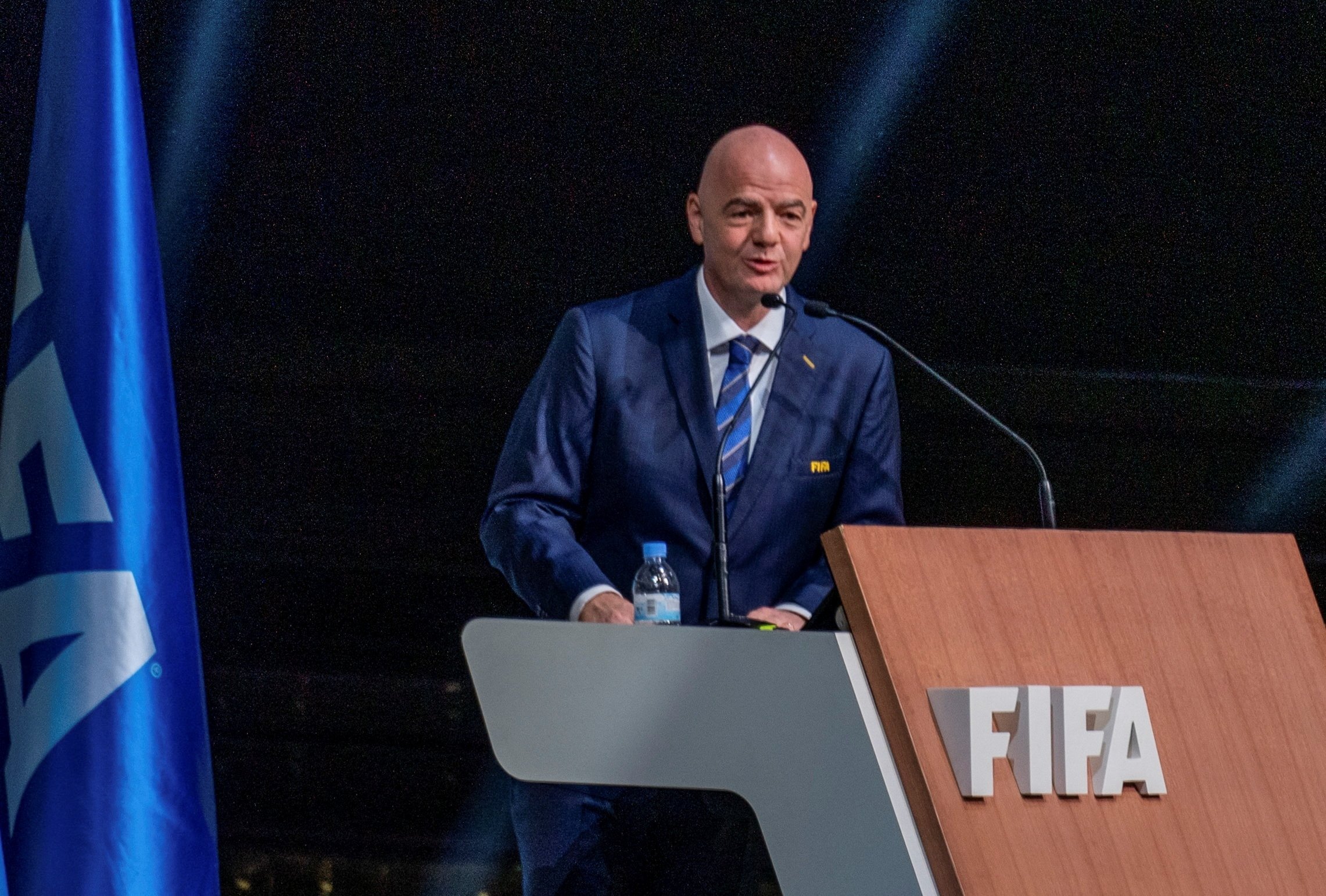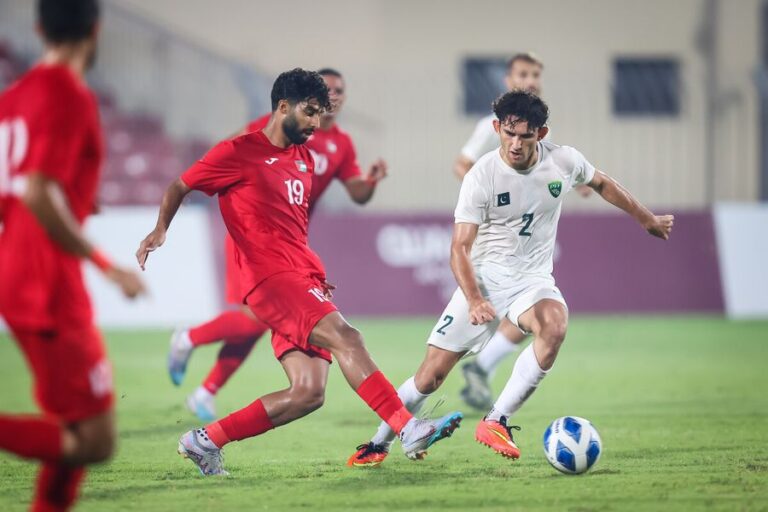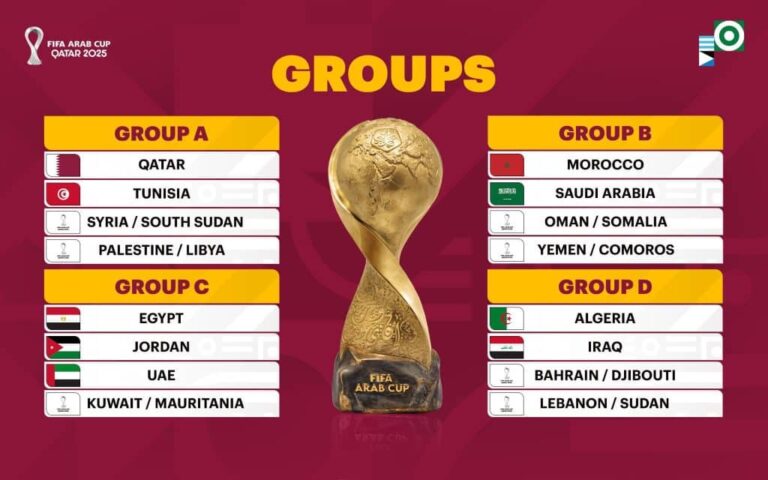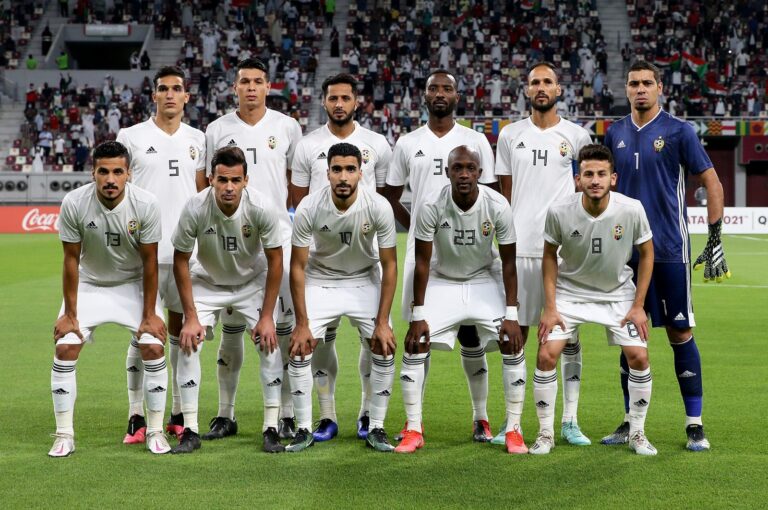In times of crisis Gianni Infantino does what he has always done- ask for more time. After all, the man who has been at the helm of FIFA, football’s governing body, since 2016 has all but won himself a bonus term in office by saying the first three years of his tenure did not count.
When controversy has landed at his feet he has promised- and delivered- endless reviews but little change. For those that witnessed how international law has been espoused and then ignored during the Infantino era what transpired last week is of no surprise.
Palestine had hoped for its case against Israel to be reviewed during the FIFA Congress in June in Bangkok. Infantino promised to convene a team of independent legal experts and weigh in with a final decision on July 20th.
Then came the press release at the last hour:
“An independent legal assessment of the Palestinian Football Association proposals against the Israel Football Association was due to be provided to FIFA Council by 20 July 2024.
Following requests for an extension from both parties to submit their respective positions, duly granted by FIFA, more time is needed to conclude this process with due care and completeness. The assessment will be shared with the FIFA Council for any subsequent decision to be taken no later than 31 August 2024.
FIFA would like to thank both member associations for their ongoing support and cooperation.”
The timing is very convinient for Israel who will now be able to participate in their first tournament of repute since joining the UEFA confederation. Israel’s team is set to play its first game at the 2024 Olympics on Wednesday and this delayed judgement works in its favour.
The wording of the statement- claiming that both parties asked for more time to build their respective cases- certainly raised eyebrows. More than one independent legal analyst had already submitted their reports to FIFA including FairSquad
Its co-director Nick McGeehan weighed in on the delayed decision:
“It is of course up to the legal experts appointed by FIFA to consider the full range of the evidence against the IFA and in the interests of the game, it is imperative that they do so. However, there is a vast body of evidence to suggest that the only thing that could possibly stop FIFA from suspending or expelling the Israel Football Association is a political decision from its senior leadership not to enforce its statutes.”
The PFA but out a verbose statement in Arabic but failed to address the claim that it had asked for a delay. Football Palestine reached out to the Vice President of the PFA Susan Shalabi for clarification:
“[Yes]. Both [the] PFA and IFA have separately asked for an extension in the deadline to submit our statement, and that was from the 26th [of June] to the 1st of July, which is a few days. The PFA certainly did not ask for a postponement of the meeting for more than a month.”
In spite of the PFA’s disappointment the decision was not a surprise to Shalabi:
“FIFA’s decision wasn’t totally unexpected, given the history of over a decade of FIFA’s delaying tactics. The issue has been moved from one year to the next, one committee to the next, and one task force to the next. But the current context in which this is happening is different. What FIFA needs to understands is that lives are at stake. Up until last Sunday, 342 athletes (including 240 footballers) have been killed by the Israeli occupation, and 49 football facilities have been destroyed or severely damaged. The ICJ has ruled that Israel is an Apartheid state. It is time for FIFA leaders to recognizes this change in context and its implications and gather some moral courage to take the right decision.”
In the aftermath of another delayed decision, FIFA’s decision to suspend Russia less than a week after its invasion of Ukraine has come back into discussion. It should be noted that it was never Infantino’s intent to suspend Russia and his and UEFA’s hands were forced by the captains of Poland, Czech Republic, and Sweden who all refused to play against Russia risking a potential forfeit.
There are signs that something similar could be brewing in the coming months. The municipalities of Brussels and Udine have refused to paly host to the Israeli national team during UEFA Nations League matches against Belgium and Italy.




